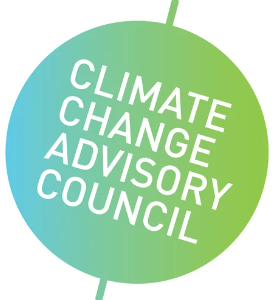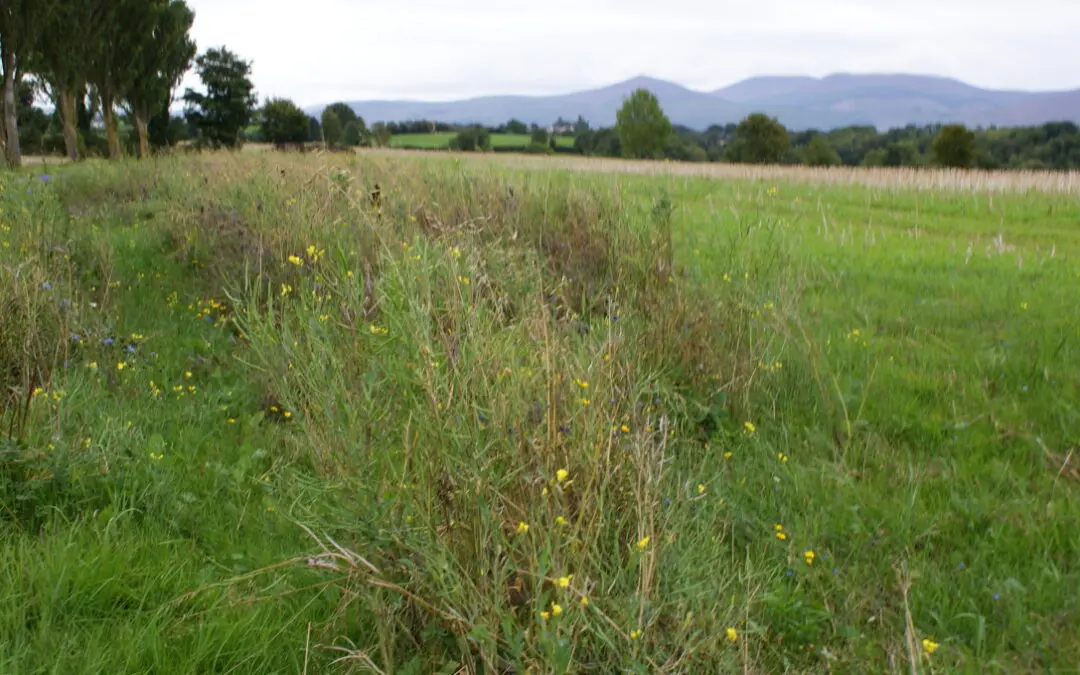The Annual Review of the Agriculture and Land Use, Land Use Change and Forestry (LULUCF) sector by the Climate Change Advisory Council has been published. The review has acknowledged the progress being made in the Irish agricultural sector in meeting its commitments to climate change mitigation targets. Considerable progress was made in 2023 with emissions reduced by 4.6% relative to 2022.
Commenting on the publication of the review, Minister for Agriculture, Food and the Marine, Charlie McConalogue T.D said:
“This reflects the efforts that farmers are putting in on the ground but also gives confidence to continue those efforts as we strive to achieve a 25% reduction in greenhouse gas emissions for agriculture by 2030.â€
The groundwork for further emission reduction in Agriculture are currently being put in sector. This work is being supported by €4.1 billion funding package to support agri-environmental practices under the current Common Agricultural Policy as well as significant investment in research and development.
A number of major initiatives are currently being implemented because of this funding.
The €1.5 billion Agri-Climate Rural Environment Scheme (ACRES) is currently incentivising farmers to undertake a wide range of environmental measures.
The National Biomethane Strategy was launched in May with the aim of producing 1 terawatt-hour of biomethane by 2025. €40 million in funding was secured to develop the biomethane sector with 23 applications already submitted to the Biomethane Capital Grant to achieve this aim.
A further €300m million has been awarded in funding for the reduction of enteric emissions through genetic improvement programmes such as the Suckler Beef Carbon Efficiency (SCEP) and Dairy Beef Welfare Schemes, the National Genotyping Programme and climate objective inclusion in the Economic Breeding Index.
Innovative research such as Meth-abate and Greenbred have led to significant scientific advancements in the area of methane-reducing feed additives and low-emission breeding strategies. These technologies are now at the point of being ready to roll out onto Irish farms. Having received European Food Safety Authority approval, 3-NOP product has been trialled on 18 Teagasc Signpost farms in 2023 and 2024. Results show up to a 30% reduction in Methane during housing. An additional investment of €6.2m in climate mitigation and adaptation research projects has also been secured.
The Climate Change Advisory Council also highlighted the success of the Organic Farming Scheme for trebling the land area farmed without chemical fertiliser, pesticides or herbicides since 2020.
In forestry, a €1.3 billion package is now in place to incentivise farmers to plant trees. Shorter turnaround times have resulted in greater output for new licences. August 2024 saw the highest number of new afforestation licences being issued in over two years.
A significant decrease in nitrogen fertiliser sales was also noted. This has resulted in this particular Climate Action Plan target already below the level set for 2030. The use of protected urea increased by 15% in 2023, accounting for 22% of straight nitrogen fertilisers in 2023, compared with 49% CAN and 29% unprotected urea.
The development of AgNav is also expected to increase the speed of emission reductions when it is launched in the near future. It promises to provide a whole farm sustainability assessment and include a decision support function (forecaster tool) that allows science-led plans to be made for individual farms to reduce emissions and increase carbon sequestration.
While further work is required to reach long term climate, biodiversity and water quality goals, the sector seems to be off to a good start.
To learn more about agri-environmental practices supported under CAP Strategic Plan 2023-2027, click here.




